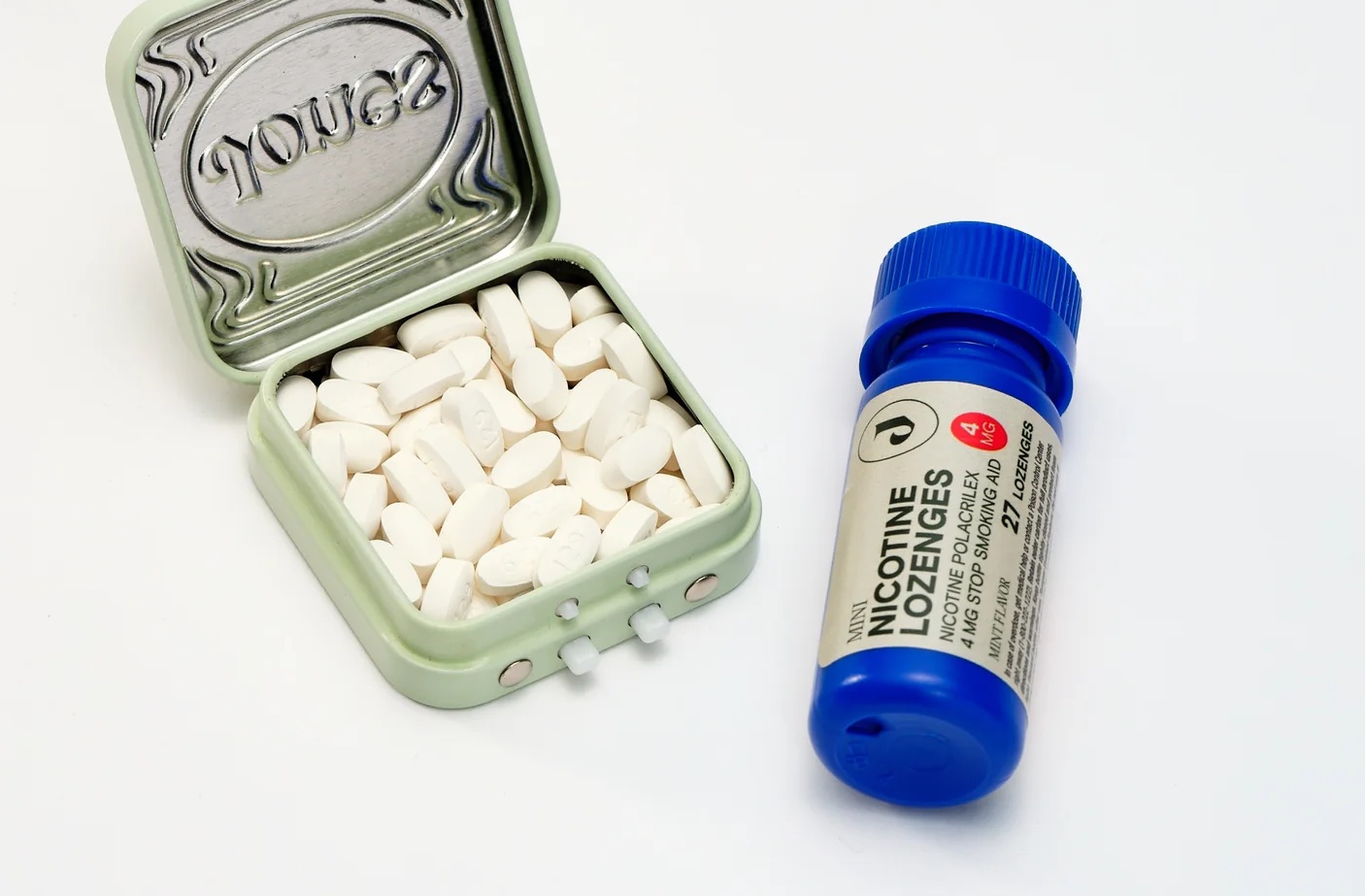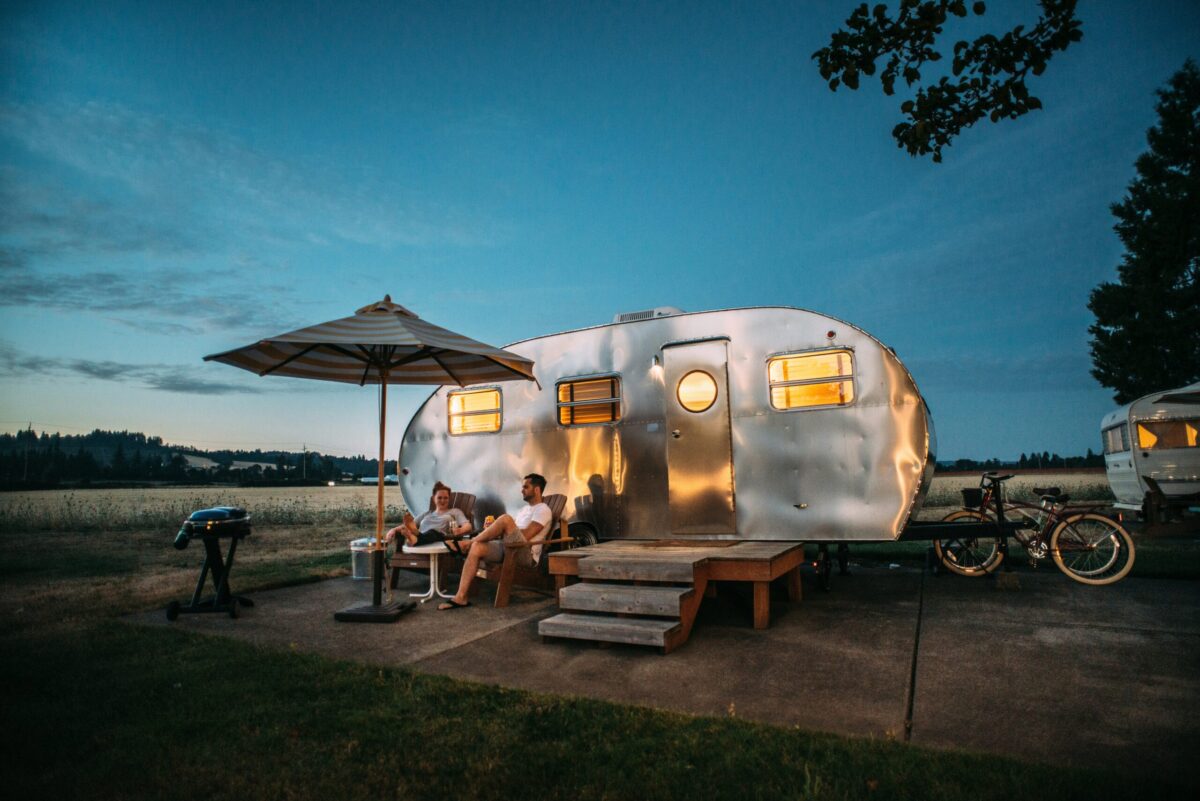The wellness trend has reached the grave. Discussing death has long been taboo in American culture, but as the population ages, a rising number of grief wellness startups are here to help you die better.
Death positivity. Millennials are increasingly embracing a pragmatic approach towards mortality. 18% of Americans aged 18–39 believe that people should prepare for their funerals before the age of 40, compared to 7.9% of individuals over 60 who thought the same.
“[Millennials] are a generation that [understand that]… not talking about death can lead to a less self-aware life,” says mortician Caitlin Doughty.
The COVID-19 pandemic further exacerbated issues in the end-of-life care industry, which has seen limited innovation in the past 50 years.
- From funeral preparations to gathering digital accounts, families can spend up to $12,000 and over 500 hours managing a loved one’s post-mortem affairs.
- Millions of patients across the world are dying alone in sterile hospitals, surrounded by unfamiliar faces instead of their loved ones.
- Meanwhile, church membership and trust in social institutions have dropped to historic lows.
Filling in the spiritual gap, grief wellness startups are harnessing tech in an attempt to return a sense of meaning to bereaved family members.
- Empathy, an AI death assistant for grieving families, raised $13M in April.
- Cake, an online platform for navigating mortality planning, raised $3.7M this July.
- Lantern, a “how-to” app for preparing for death, raised $1.4M in seed funding.
- GoodTrust, a digital legacy management platform, secured $2.3M.
Reconsidering cremation. Others are rethinking methods of body disposal. Mark Cuban-backed Eterneva turns ashes into diamonds and raised $10M in July. Meanwhile, Recompose turns corpses into compost and is seeking $15M in Series A-3 funding.
Looking ahead: Terminal patients are turning to VR to check off their bucket lists, using psychedelics to cope with end-of-life distress, and hiring death doulas to ease the actual passing process.
Takeaway: Death tech isn’t entirely new, but to date, most startups have been unable to overturn long-held traditions. The pandemic has accelerated a shift in attitude, and more believe that preparing to die well later is essential to living well now.
David Kessler, an executive officer at Empathy, lost his 21-year-old son several years ago and saw his life spiral into logistical chaos. After discovering grief wellness apps, he noted:
“Technology can’t promise to take the pain away, but it can hold your hand through the process [and offer] guidance in the often unknown terrain of grief.”
Research contributed by Kelly Byrne



